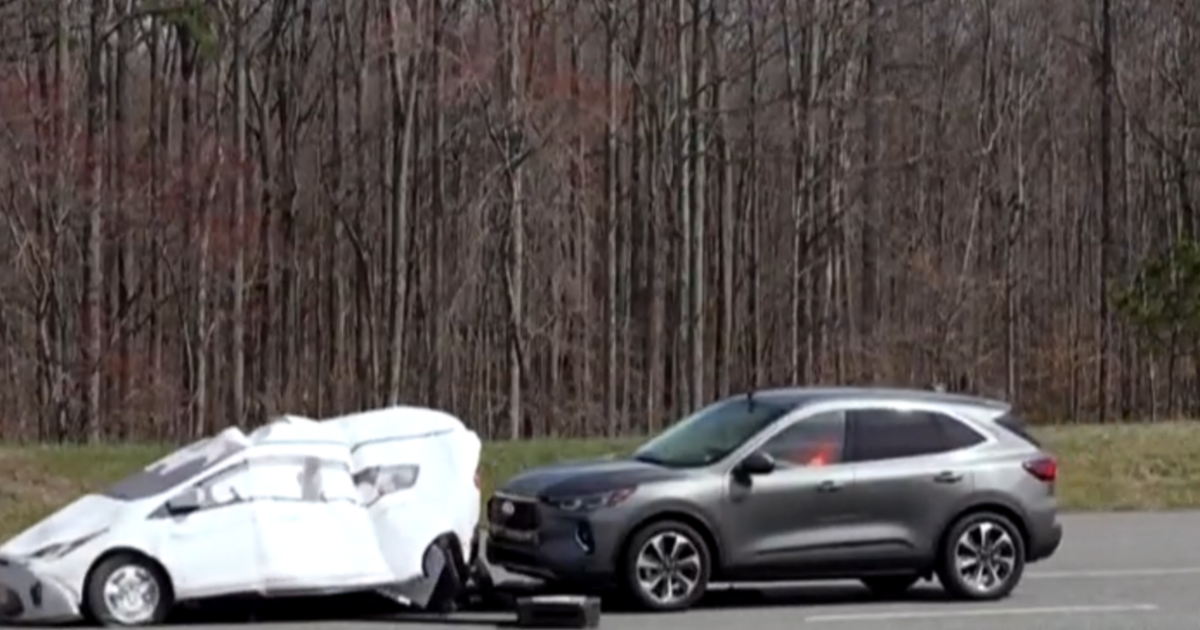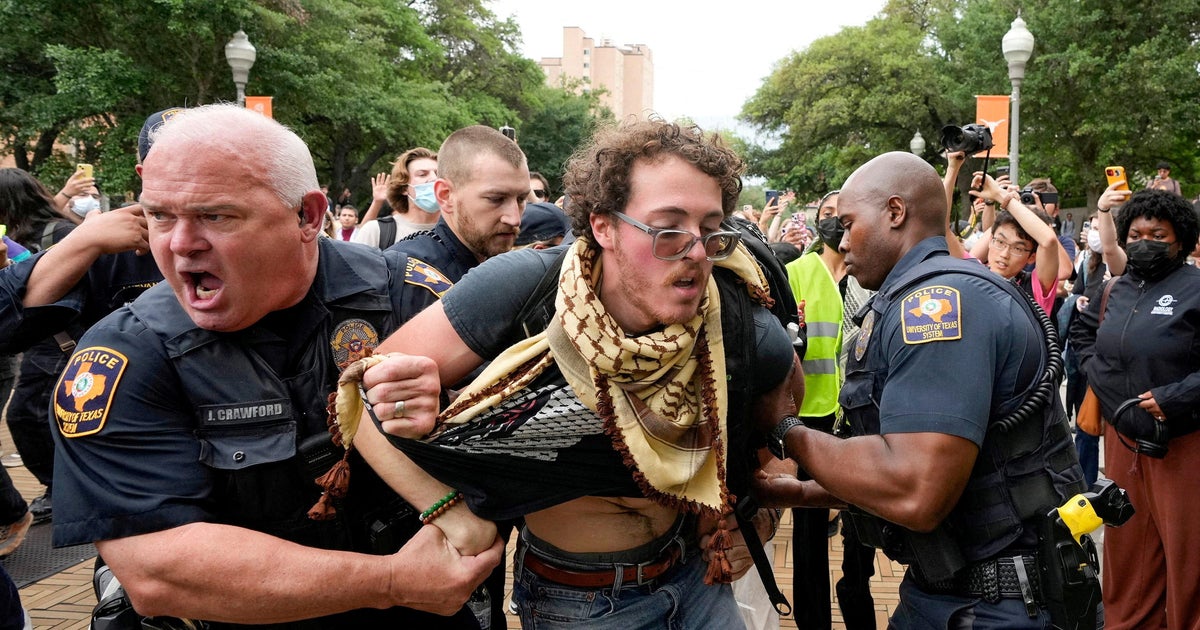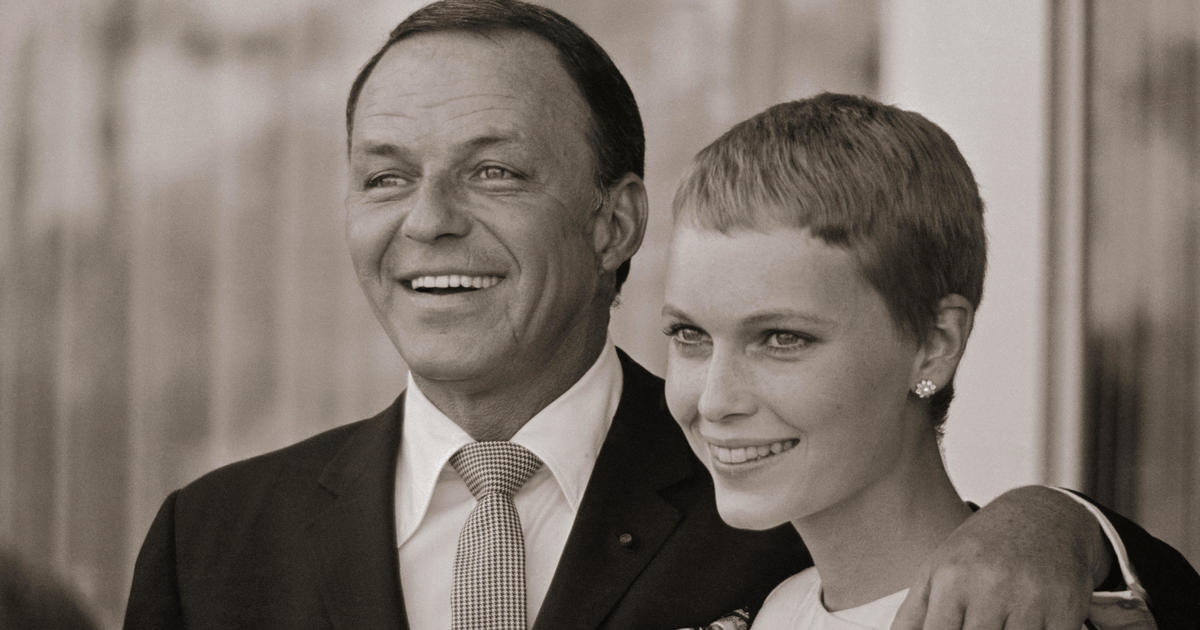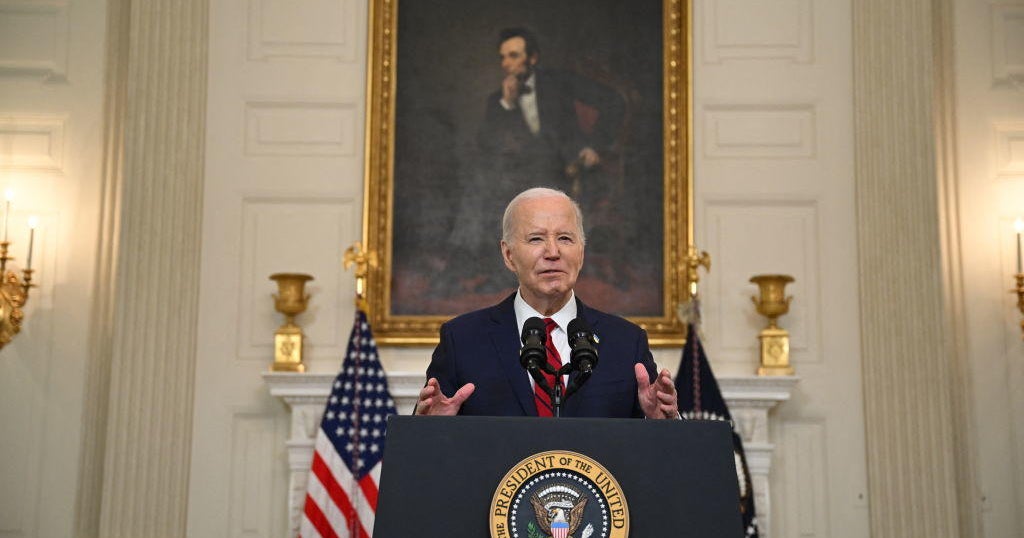"Still Processing" podcast hosts say it's not just about fighting white supremacists
New York Times writers Wesley Morris and Jenna Wortham take a critical look at cultural issues in their popular podcast, "Still Processing." They've discussed subjects ranging from climate change to Kanye West since their first episode last year. This week they discussed the violence in Charlottesville.
Wortham and Morris joined "CBS This Morning" Friday to talk about President Trump's controversial response to the white supremacist rally, the role white people need to play in conversations about race, and why more needs to be done.
Wortham, a University of Virginia graduate, said watching the violence there was "unsettling."
"I saw the photo of the people with the tiki torches on the lawn we walked down to graduate," she said. "Charlottesville's a town that really has styled itself as sort of a liberal arts haven, as a very cultural and safe space, but the history of Charlottesville is very dark. It's really predicated itself on the exclusion, discrimination and just removal of black citizens throughout its entire history."
Much of the protest footage shows confrontations between white people, which had some observers wondering who was fighting for which side. The "optics" of the clashes struck both "CBS This Morning" co-host Gayle King and Morris.
"This is a civil rights clash but it primarily – and refreshingly, we would say – involves white people," Morris said. "If there's gonna be any solution to this, if we're gonna get any closer to resolving it, I actually do think that white people have to play a majorly significant part."
Michael Bennett of the Seattle Seahawks said this week that getting white players to join in NFL protests would be helpful. Morris and Wortham both agree.
"Baseball players are saying things, you know? I mean, a few, but for anybody in baseball to take stand on this seems like a big deal," Morris said.
"Would it have made a difference to you if President Trump had strongly condemned the protesters?" King asked. "I think in his mind, he's done that."
In a fiery exchange with reporters on Tuesday, President Trump backed off his statement on the Charlottesville protests where he had denounced white supremacist groups. Instead, he repeated his original response and said, "I think there's blame on both sides."
"The equivocation is the thing that is bothering everyone who's bothered by this. It's also the degree to which he doesn't seem to have the capacity to empathize with anybody," Morris said.
"Every time something like this happens we have to have a real conversation or national dialogue – that's not really it. Like, there's always a black person involved in these dialogues and I actually think that we should take a vacation from any national conversations and let white people talk it out," Morris said.
Morris and Wortham also feel that more should be done – protests and social media posts aside.
"I'm glad that white people went to protest the rally, but it's easy to show up and hold a sign. It's a lot harder to protest the repeal of a voting rights act, housing discrimination, police brutality, disproportionate policing. I mean, those are the issues that matter," Wortham said. "Do something. That's what I'm waiting to see from white people."
To Wortham's point, Morris added, "And on a local level, too. I mean, a lot of the things that are happening that you can actually change – you can change at city hall, at your state house. I think it can't just be fighting white supremacists in person, it has to be dismantling a system and an institution of white supremacy."



